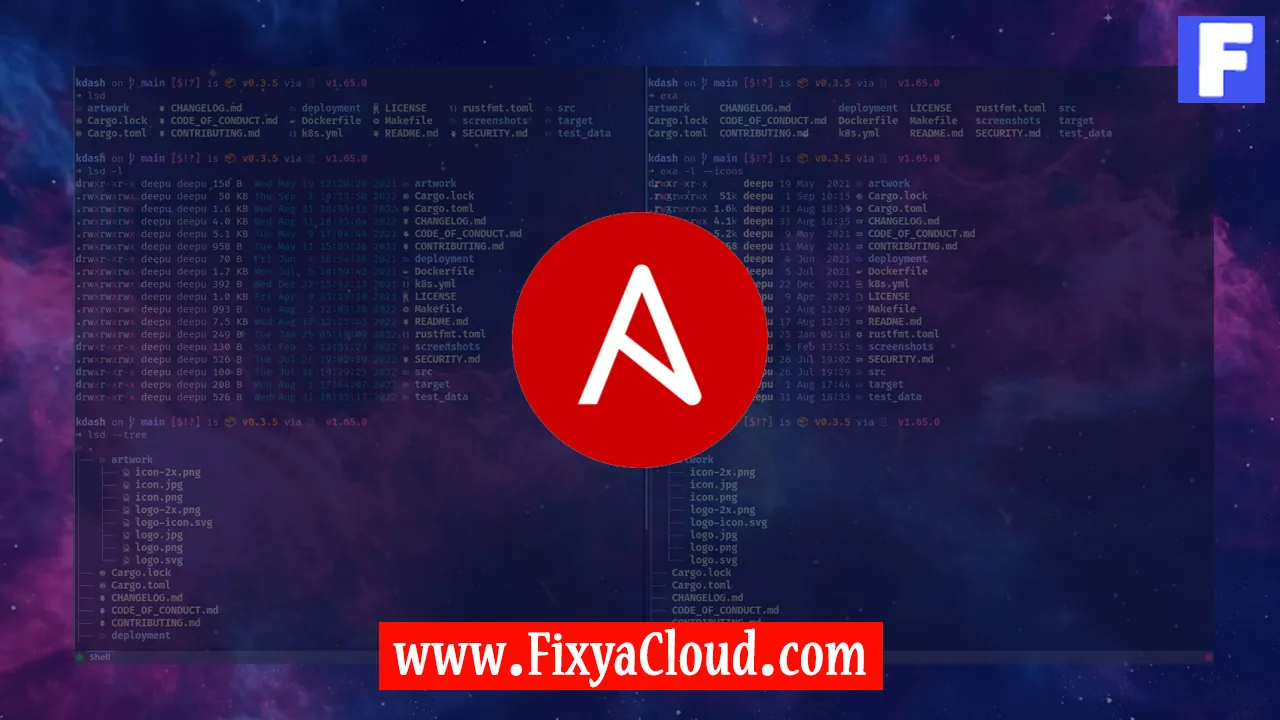10 Must-Have Plugins for Ansible and Jenkins Integration

In the ever-evolving landscape of DevOps, automation tools like Ansible and Jenkins play a crucial role in streamlining processes and improving efficiency. When these two powerhouse tools join forces, the possibilities for automation become limitless. In this article, we'll explore the 10 must-have plugins that can enhance the integration between Ansible and Jenkins, making your workflow seamless and robust.
Ansible Plugin for Jenkins:
The Ansible plugin for Jenkins is the cornerstone of the integration. It allows you to incorporate Ansible playbooks directly into Jenkins jobs. Install this plugin to bridge the gap between continuous integration and configuration management.Command:
ansible-galaxy install jenkinsci.ansibleUsage:
Once installed, configure the Ansible plugin in your Jenkins job to specify the playbook path and inventory file.Jenkins Job DSL Plugin:
This plugin lets you define Jenkins jobs programmatically as code. Integrating it with Ansible allows you to automate job creation and configuration, promoting consistency across projects.Command:
jenkins-plugin-cli --plugins "job-dsl:latest"Usage:
Create a DSL script that defines Jenkins jobs, including Ansible steps. Execute the script within Jenkins to generate jobs dynamically.Credentials Binding Plugin:
Security is paramount, and managing sensitive information is a key concern. The Credentials Binding Plugin allows you to securely inject credentials into your Jenkins jobs, ensuring that sensitive data is handled with care.Command:
jenkins-plugin-cli --plugins "credentials-binding:latest"Usage:
Use the "Secret text" or "Secret file" options in your Jenkins job to bind credentials securely.Workspace Cleanup Plugin:
Maintaining a clean workspace is essential for consistent builds. The Workspace Cleanup Plugin deletes old files and directories before each build, ensuring a fresh environment.Command:
jenkins-plugin-cli --plugins "workspace-cleanup-plugin:latest"Usage:
Add a build step to your Jenkins job to clean up the workspace before executing Ansible playbooks.Parameterized Trigger Plugin:
Enable dynamic and customizable builds by using the Parameterized Trigger Plugin. This plugin allows you to trigger downstream jobs with parameters, creating a flexible and responsive automation pipeline.Command:
jenkins-plugin-cli --plugins "parameterized-trigger:latest"Usage:
Configure your upstream Jenkins job to trigger Ansible playbooks in downstream jobs with specific parameters.Build Timeout Plugin:
Managing build durations is crucial for resource optimization. The Build Timeout Plugin lets you set time limits for your Jenkins jobs, preventing long-running processes from consuming excessive resources.Command:
jenkins-plugin-cli --plugins "build-timeout:latest"Usage:
Set a timeout for your Jenkins job to ensure it doesn't run indefinitely, especially when executing Ansible playbooks.GitHub Integration Plugin:
For teams using GitHub as their version control system, the GitHub Integration Plugin enhances collaboration. It triggers Jenkins jobs on code commits and pull requests, creating a seamless workflow.Command:
jenkins-plugin-cli --plugins "github:latest"Usage:
Connect Jenkins to your GitHub repository, and configure webhooks to trigger builds automatically on code changes.Junit Plugin:
Testing is a critical aspect of any automation process. The Junit Plugin allows Jenkins to publish and display test results, providing insights into the health of your Ansible playbooks.Command:
jenkins-plugin-cli --plugins "junit:latest"Usage:
Integrate Junit into your Jenkins job to report and visualize the results of your Ansible playbook tests.Pipeline Plugin:
The Pipeline Plugin enables the definition and automation of entire application delivery pipelines as code. Integrate Ansible seamlessly into your pipeline for end-to-end automation.Command:
jenkins-plugin-cli --plugins "workflow-aggregator:latest"Usage:
Create Jenkins pipeline scripts that include stages for Ansible playbooks, providing a comprehensive view of your automation process.HTML Publisher Plugin:
Sometimes, visualizing the output of Ansible playbooks is crucial. The HTML Publisher Plugin allows you to display HTML reports generated by Ansible, enhancing the visibility of your automation results.Command:
jenkins-plugin-cli --plugins "htmlpublisher:latest"Usage:
Configure the plugin in your Jenkins job to publish HTML reports generated by Ansible playbooks.
So, the integration of Ansible and Jenkins is a powerful combination for achieving efficient and scalable automation. By incorporating these must-have plugins, you can enhance your workflow, ensuring reliability, security, and flexibility. Experiment with different configurations to tailor the integration to your specific needs, and watch as your DevOps processes become more streamlined and effective.
Related Searches and Questions asked:
That's it for this topic, Hope this article is useful. Thanks for Visiting us.
